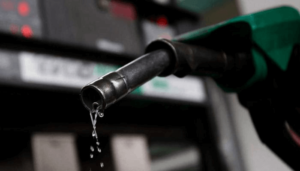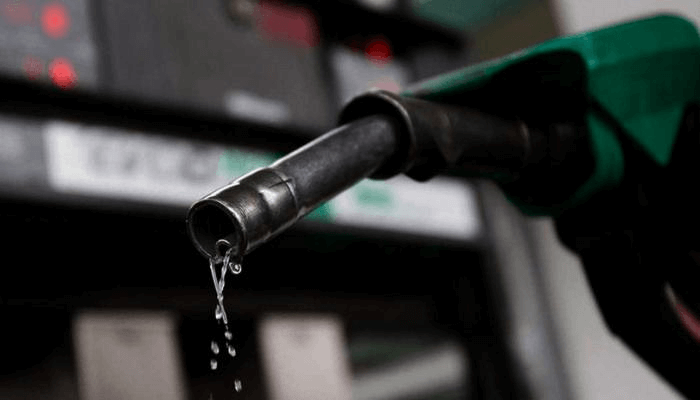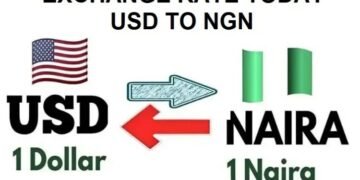Speculations have emerged that the Federal Government might have to pay about N1.68 trillion as subsidy on Premium Motor Spirit, (PMS), popularly called petrol, from September to December 2023.

This is a sequel to reports that the government had quietly returned the fuel subsidy regime that President Bola Tinubu cancelled on May 29 when he was inaugurated.
On Thursday, Goldennewsng reported that there were strong indications that the Federal Government had quietly returned to the fuel subsidy regime, with the payment of N169.4 billion as subsidy for the month of August.
This platform understands that the payment of N169.4 billion as subsidy in August was to keep the pump price at N620 per litre.
According to Daily Trust, N169.4 billion paid as subsidy for August was part of the dividends paid by the Nigerian Liquefied Natural Gas (NLNG) for the same month.
A document by the Federal Account Allocation Committee (FAAC), sighted by the platform on Wednesday, revealed that in August 2023, the Nigerian Liquefied Natural Gas (NLNG) paid $275 million as dividends to Nigeria via NNPC Limited. NNPC Limited reportedly used $220 million (N169.4 billion at N770/$) out of the $275 million to pay for the fuel subsidy. Then NNPC held back $55 million.
However, in what might seem to be a return to the fuel subsidy regime, the federal government might have to pay more for the remaining months in 2023 as subsidy because of the hike in global oil prices and the forex crisis in the country.
Even though the government and the NNPCL have not officially admitted that subsidy on petrol has been reintroduced, fuel marketers told The Punch on Thursday that the pump price of petrol should be between N890 to N900/litre based on the fall of the naira against the United States dollar and the surge in the price of crude in the international market.
It was gathered that the subsidised ex-depot price of petrol, as sold by NNPCL, was between N585 and N600, depending on the area of purchase.
When the ex-depot cost of N600/litre is subtracted from the projected unsubsidised rate of N890/litre, the government may have been spending about N290/litre as subsidy currently.
Data from the Nigerian Midstream and Downstream Petroleum Regulatory Authority in July revealed that between June 1 to June 28, 2023, which was described as the post-deregulation period, the total petrol consumption across the country was 1.36 billion litres, while the average daily consumption was put at 48.43 million litres.
This analysis shows an average daily consumption of 48.43 million litres and an estimated subsidy of N290/litre.
With this calculation, the federal government might be spending N14.04 billion as a daily subsidy which could rise to N421.3 billion monthly.
Going by this calculation, the government might spend about N1.68t trillion for the months of September, October, November and December 2023, if the forex crisis is not tackled and international crude prices surge.
Reacting to this development, the National Public Relations Officer of the Independent Petroleum Marketers Association of Nigeria (IPMAN), Chief Chinedu Ukadike, explained that pump prices could not have remained at N617/litre with the dynamics on the ground without any subsidy.
Ukadike told The Punch on Thursday, “I told you earlier that there is no way that the government will sustain the price of petrol at N617/litre without paying subsidy on it, going by the continued fall of the naira.
The dollar is almost N990 at the parallel market currently, and you can see the effect of this on the pump price of diesel. Diesel is close to N1,000/litre, so the retail price of PMS should be around N890 to N900/litre.
“Therefore, it is better the government assists the masses by paying subsidy. From our records, in the United States, the super product or petrol is sold around $3.9, which is close to about N3,000/litre.
“The premium product is sold at about $2.89, which is over N2,000/litre. And if you check in other African countries, you will find out that the product is being sold at between N1,200 and N1,500. But going by the forex rate in Nigeria, it should be around N900/litre.”

















